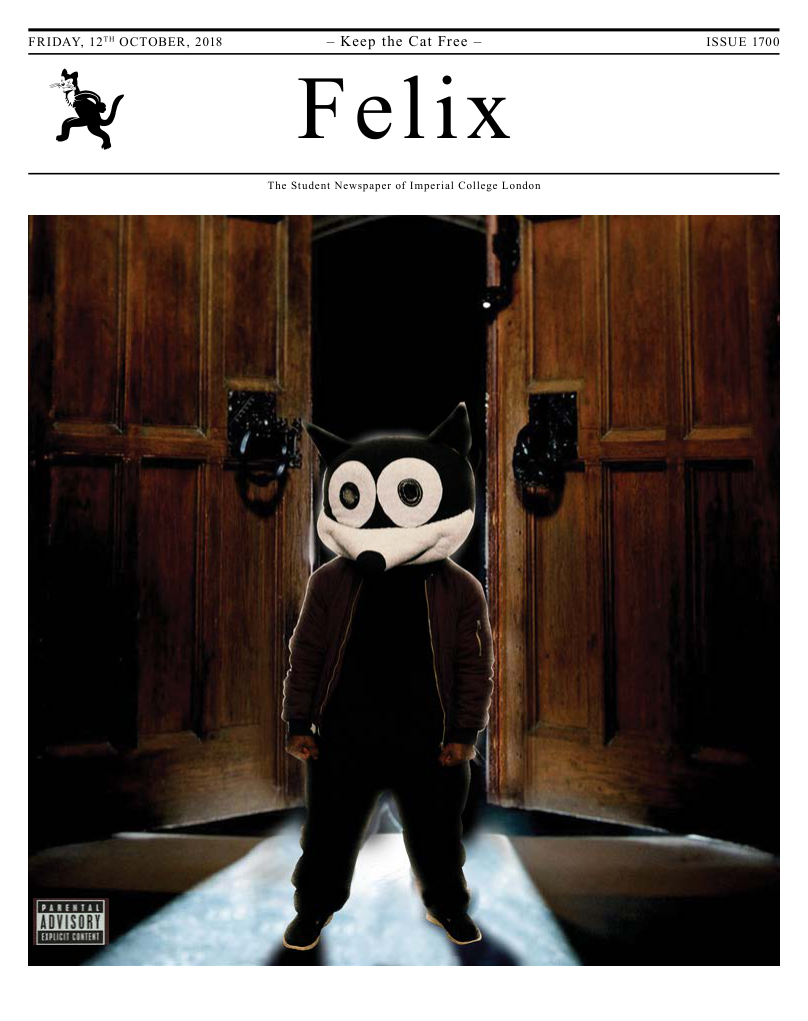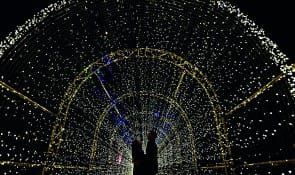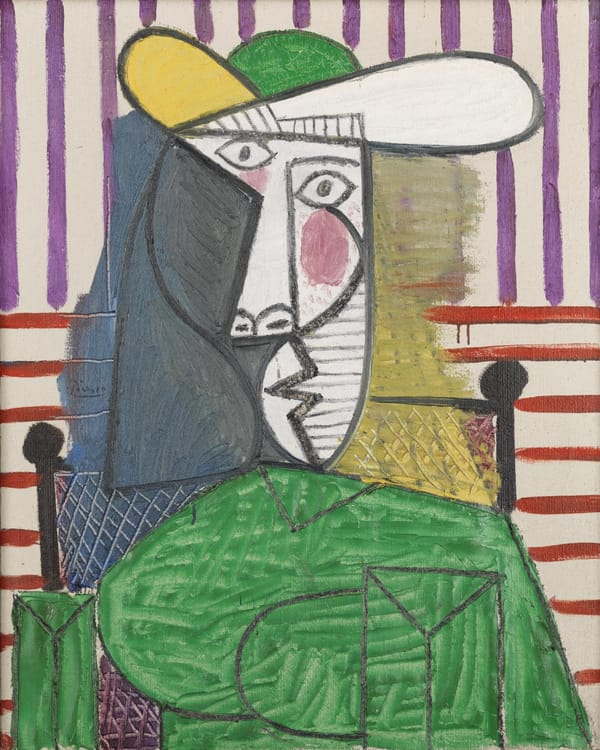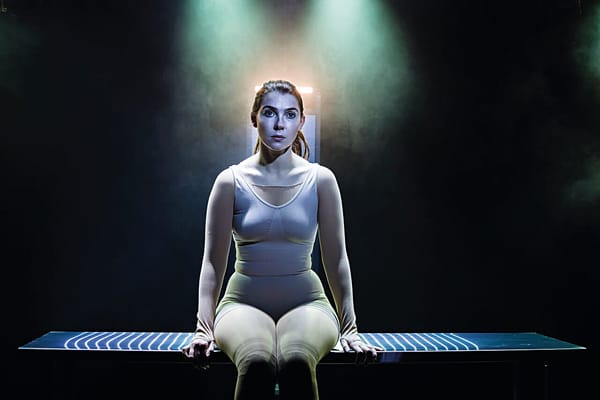Mrs Dalloway Brought to the Stage
This ambitious adaptation of Virginia Woolf’s novel aims high, but fails to capture the charm of the novel.

This adaptation of Virginia Woolf’s 1925 novel is clearly a labour of love, and an ambitious one at that. Mrs Dalloway is one of Woolf’s best-known works, and arguably one of her best. In 1920s London, Clarissa Dalloway prepares to host a party for her wealthy friends. On the same day, First World War veteran Septimus Warren Smith is urged by his wife to seek help for his psychosis from Sir William Bradshaw, a wealthy doctor, and part of the upper-class society to which Clarissa belongs. Although the events of the novel take place over a single summer day, it encompasses a myriad of characters and perspectives across different locations, with references to many events in the past. It’s a busy novel to say the least, and part of what makes it such an ambitious undertaking. Mrs Dalloway was also deeply personal for Virginia Woolf. Septimus’ post-traumatic stress, his visions of his dead friend Evans and the gradual decline of his mental state are widely believed to echo Woolf’s own life. Virginia Woolf herself suffered from psychosis and there is a hint of her experience in Septimus and his struggles.
Woolf crosses frequently between the characters, with as much a focus on their thoughts as their actions. And this is one of the things that is so difficult to translate to the stage: the bulk of the novel is taking place in the characters’ heads. Director Thomas Bailey tries to capture this in his adaptation – the actors talk and interact with each other, but then speak their characters’ inner thoughts into a dictaphone. It’s quirky and it works, but soon it starts feeling like an overused gimmick. There are other little touches that seem to be an attempt to be clever or relevant, such as the use of an Oyster Card to represent a ticket and a Metro newspaper, but they don’t seem to be part of any uniting vision and just feel like odd touches that add nothing, and conversely distract from what is happening. The final scene, a party, is played out as a press conference, with the actors sitting in a line, alternating characters. It’s one of Thomas Bailey’s best decisions with this adaptation as it heightens the feeling of absurdity that pervades the scene.
One of the big draws of Mrs Dalloway is Woolf’s language, and playwright Hal Coase’s adaptation of the text maintains her flair for the poetic and her beautiful descriptions of London. It’s a disappointment though that they are merely words read out by the actors and not represented on stage. The set is minimal; a single blue board serves as the only backdrop for a great part of the play. The bustle of London, the grandeur of Clarissa’s life – there’s too much that this play asks you to imagine for such a visual medium. The Arcola Theatre’s Stage 2 is also a tiny space, and one that doesn’t suit this production at all. Mrs Dalloway needs distance and magnitude. Instead it feels cramped and claustrophobic, the actors crossing each other too often – everything feels too close.
The actors, however, are fantastic, clearly the best part of the production. Their enthusiasm gives you the sense that this is a real passion project for everyone involved. And really, no cast could have done better than those chosen by Thomas Bailey. Five actors play over 20 different characters, but somehow manage to capture the essence of each one. Claire Perkins is fantastic as the titular character, at points graceful and charming as the perfect hostess, but also capturing Clarissa’s moments of vulnerability. The real stand-out performer though is undoubtedly Clare Lawrence Moody. Her takes on Clarissa’s charming old friend Sally and the drab Mrs Kilman are both excellent and intense. When everyone is on stage, it’s her that your eyes are drawn to. That isn’t to say that the rest of the cast are weak – far from it. Guy Rhys is a convincing Septimus and Emma D’arcy is great as his distraught wife Rezia.
The overall result of the play is something of a mess, a flurry of words that doesn’t quite take shape. The die-hard Virginia Woolf fan will certainly find things to appreciate, but there’s not a great deal here for the casual viewer. Mrs Dalloway just doesn’t translate well to the stage. Hal Coase’s writing isn’t bad, not by a long shot, but it’s clear this isn’t the medium for Mrs Dalloway. Your time would be better spent picking up a copy of the book.
-2 stars









